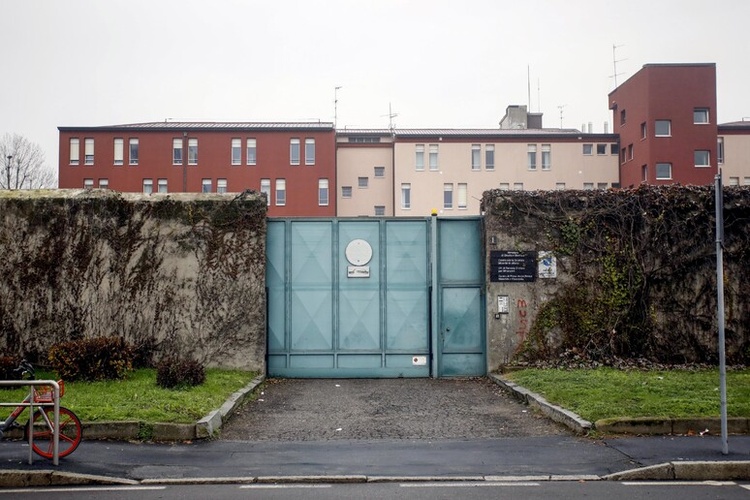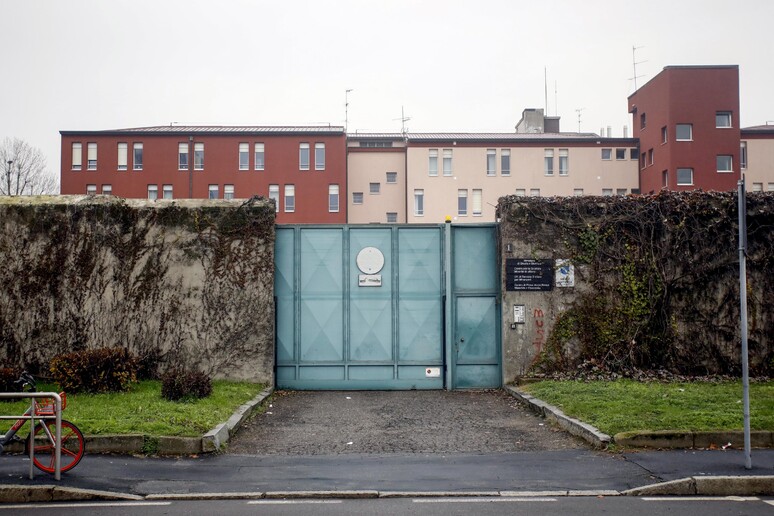“The so called ‘Caivano decree’ has introduced a series of measures that are having and will continue to have destructive effects on the juvenile justice system, both in terms of the increased recourse to detention and in terms of the quality of rehabilitation paths for young offenders,” said Antigone.
This was the organisation’s seventh report on juvenile justice and referred to the package approved by the cabinet last September.
The package included tougher penalties for the parents of minors of compulsory school age caught truanting, DASPO bans and the possibility of earlier arrests than currently envisaged.
The association focusing on human rights protection in the penal and penitentiary system said the decree represents a “step backwards” in juvenile justice, with 500 minors in prison at the start of this year.
This, it added, is the highest number in the last decade.
“The extension of the application of accompaniment before police or judicial authorities in the event of flagrancy and of pre-trial prison custody disrupts the structure of the 1988 Code of Juvenile Criminal Procedure and is already leading to a surge in admissions to Juvenile Criminal Institutes (Ipm),” noted the report.
“The growth of admissions in the last 12 months is almost entirely made up of girls and boys in pre-trial detention,” it continued.
Another effect of the decree “is the considerable growth of admissions to Ipm for alleged violation of drug laws, with an increase of 37.4 per cent in just one year,” said Antigone.
Minors currently represent nearly 60 per cent of inmates in juvenile prisons, with 16 and 17-year-olds being the most represented age group.
Two years ago, Antigone said the situation was the reverse, with young adults representing the majority.
“The increased possibility introduced by the Caivano decree to transfer young adults from Ipm to adult prisons is showing its effects, with enormous damage to the future of the young people,” said the report.
ANSA











